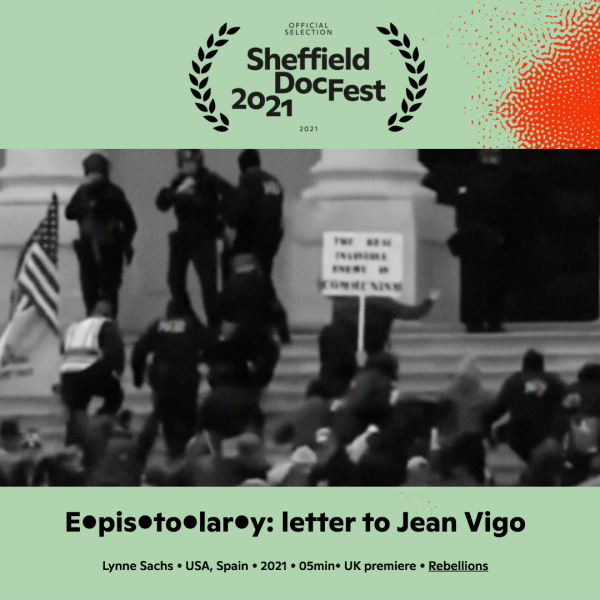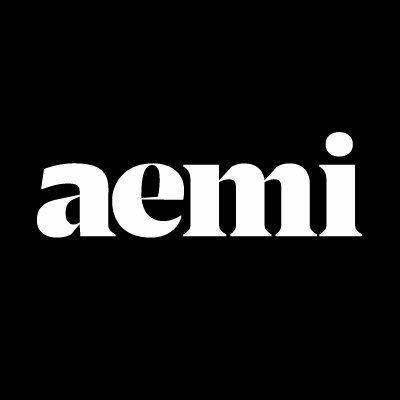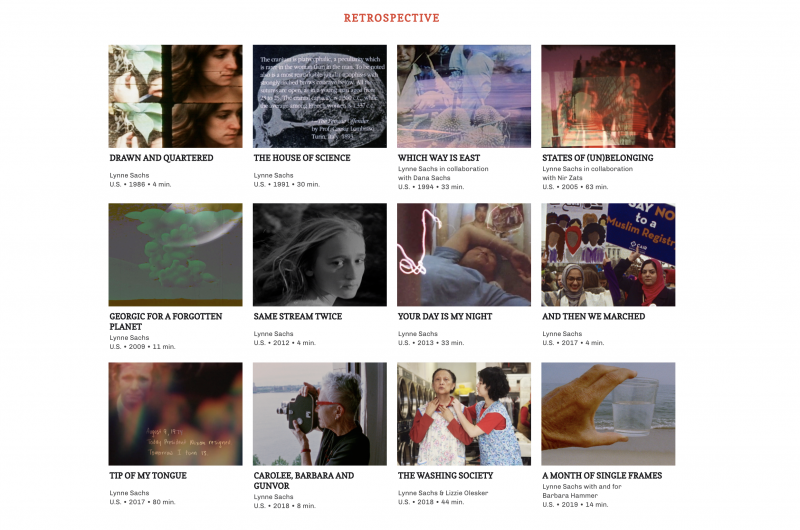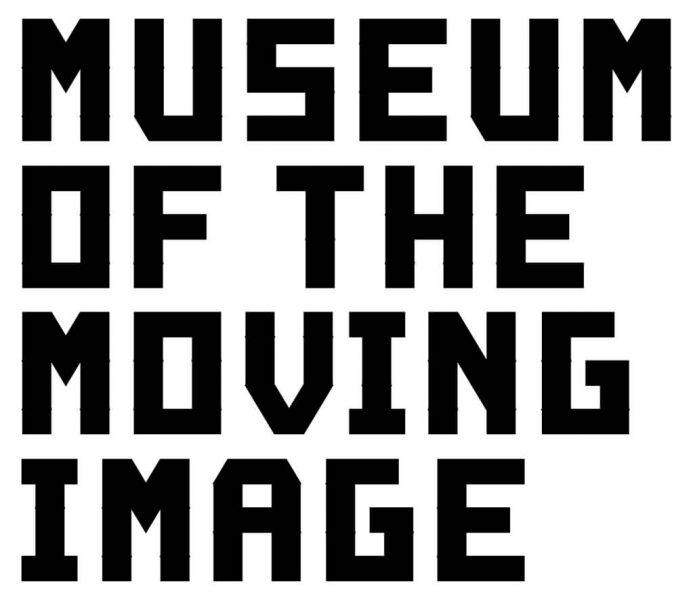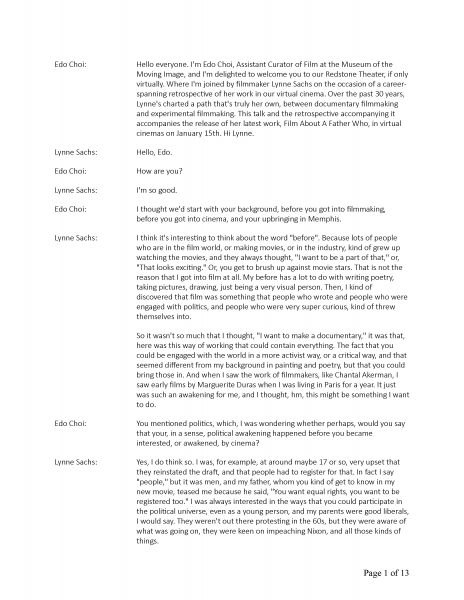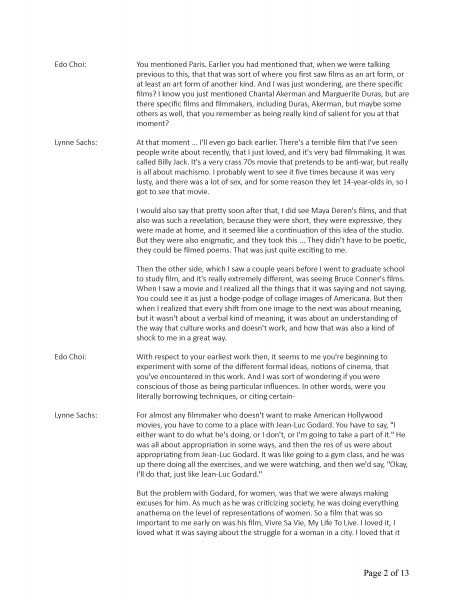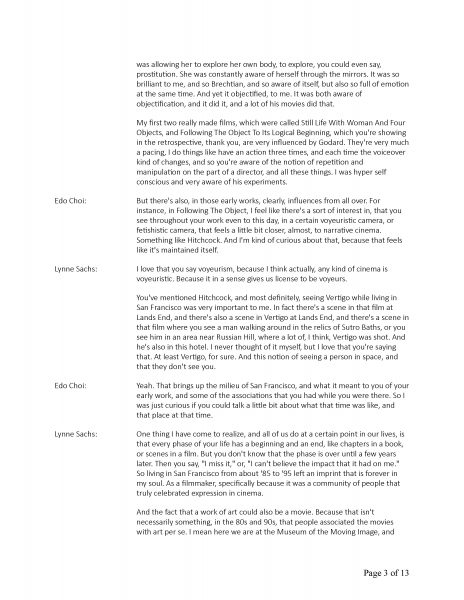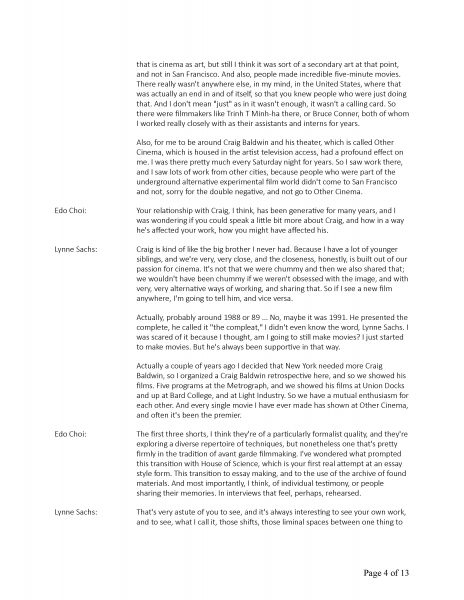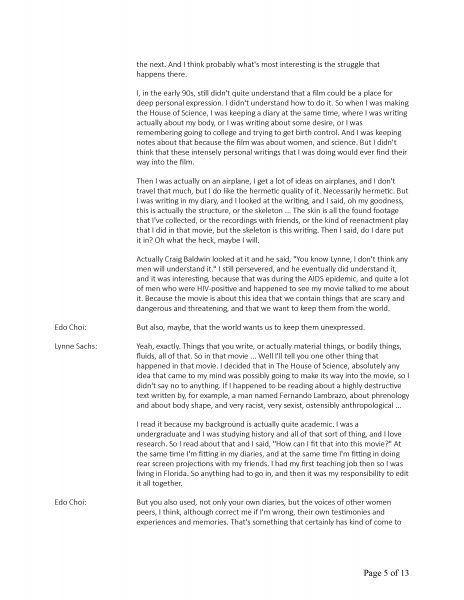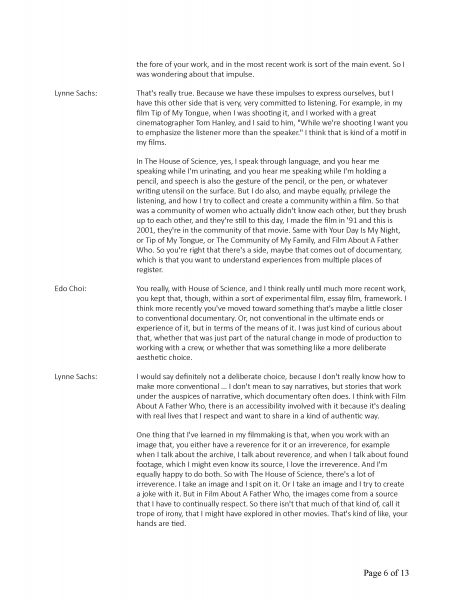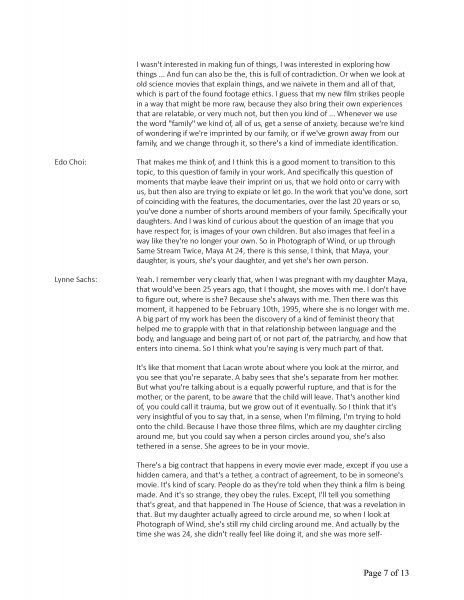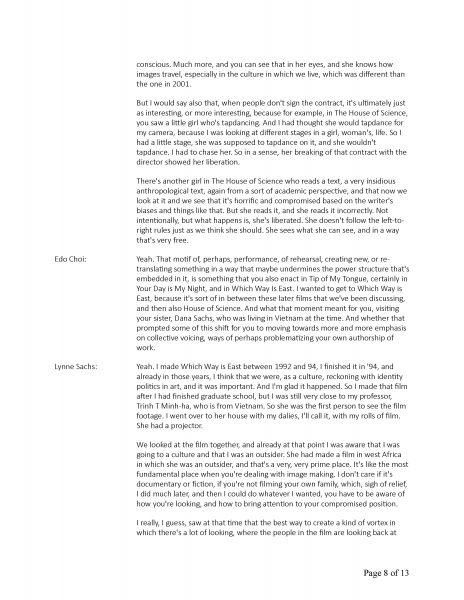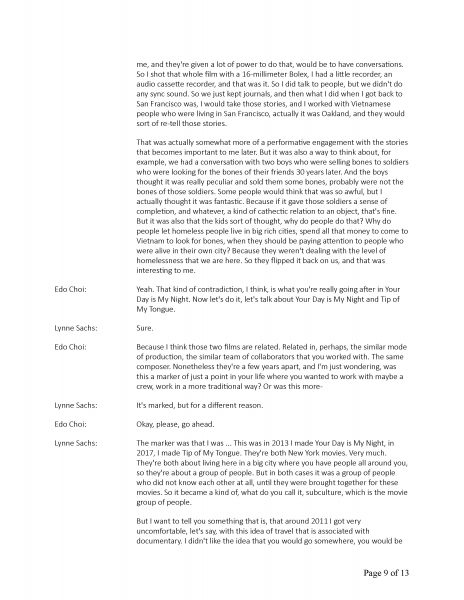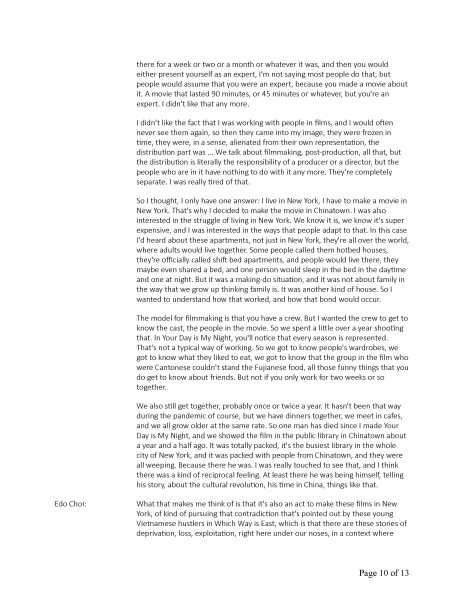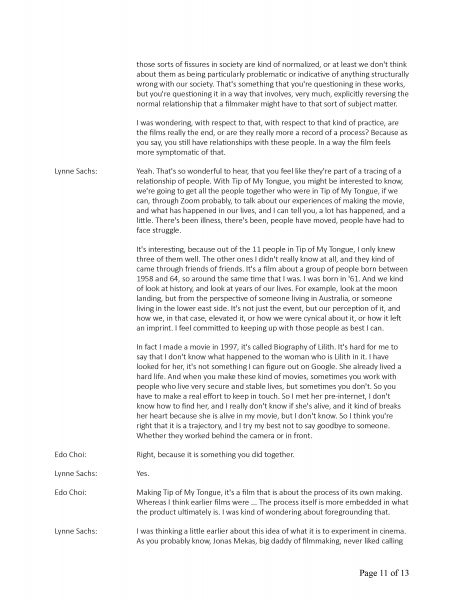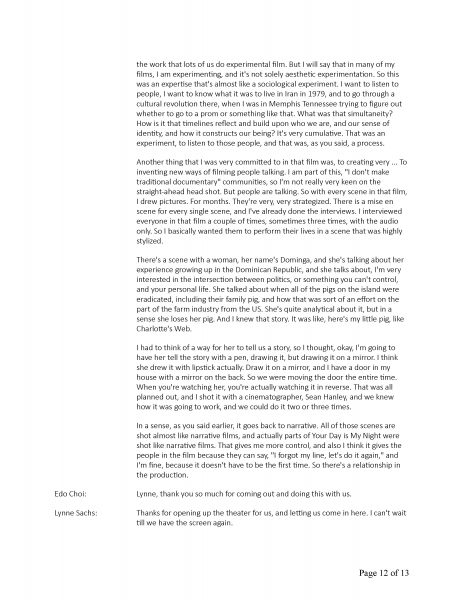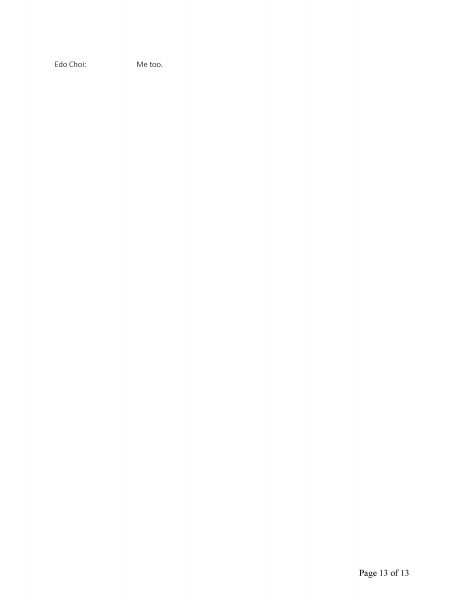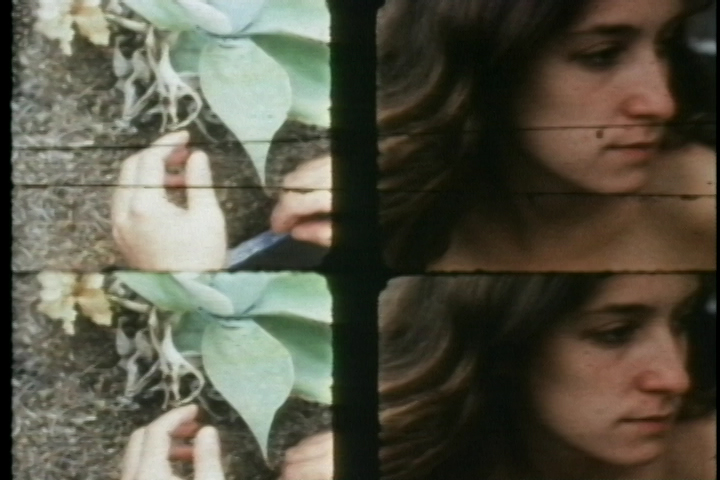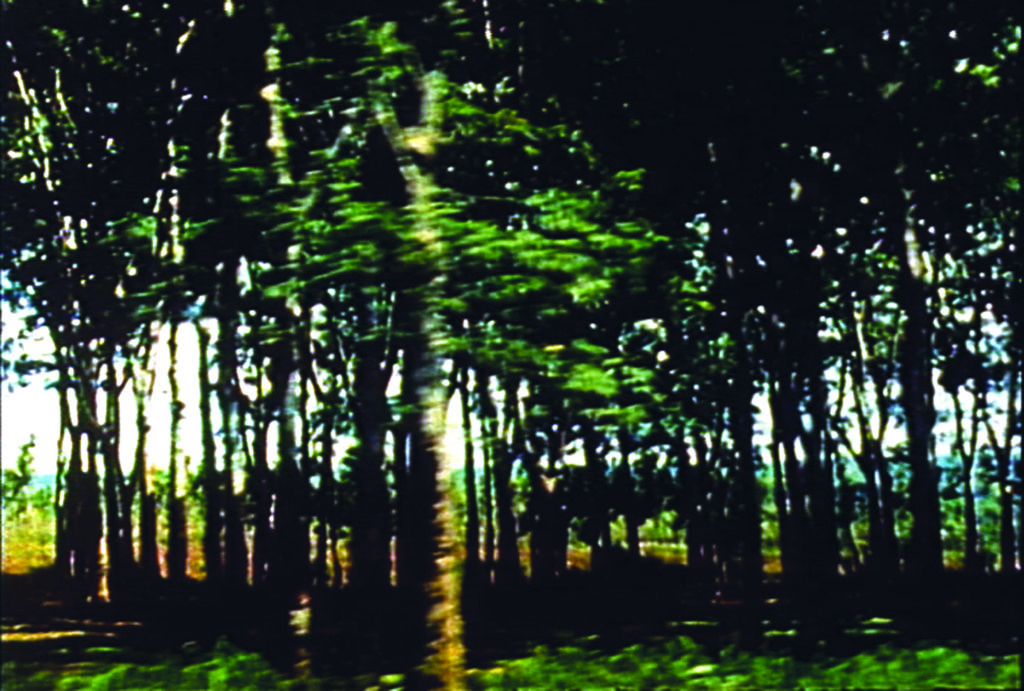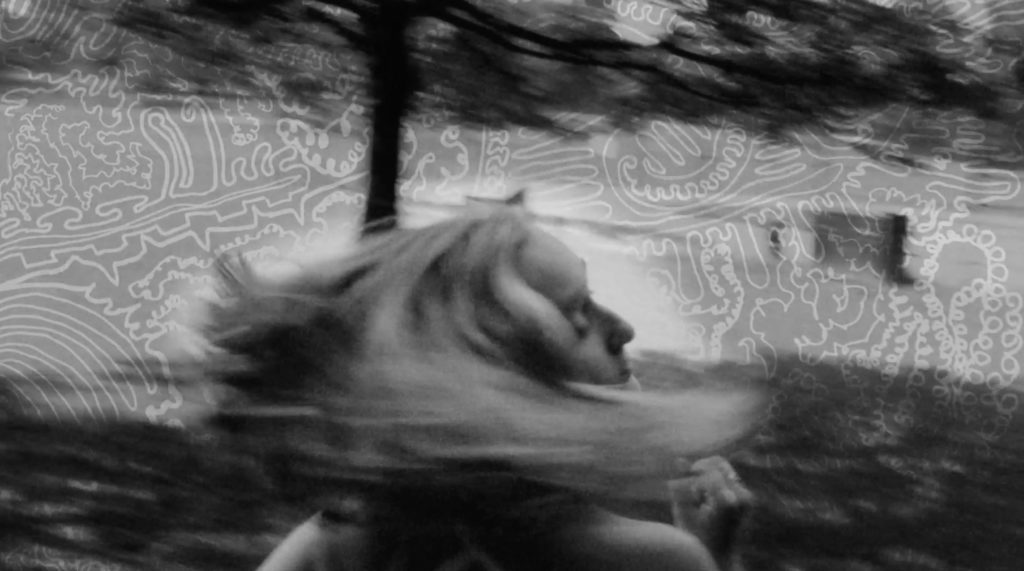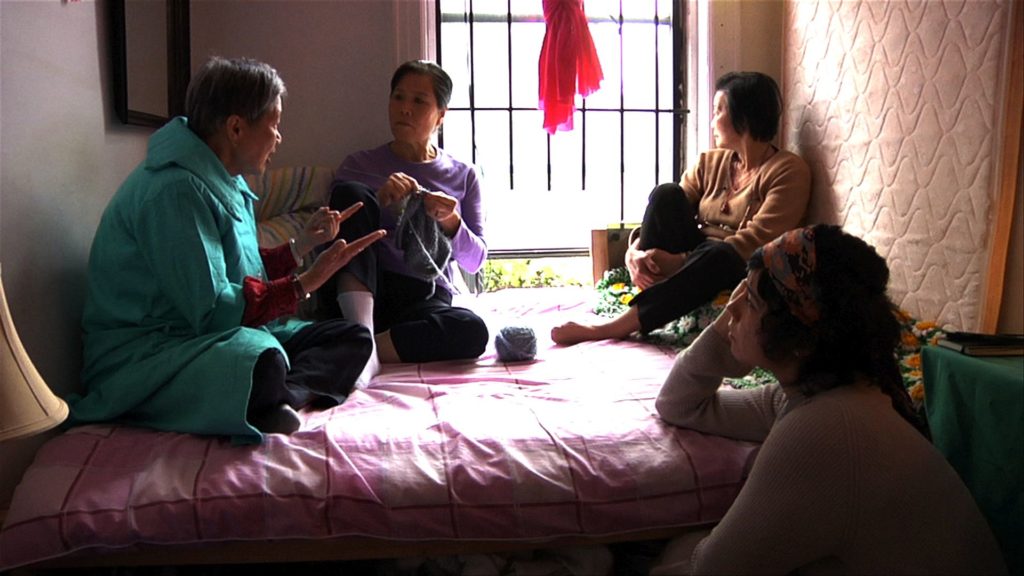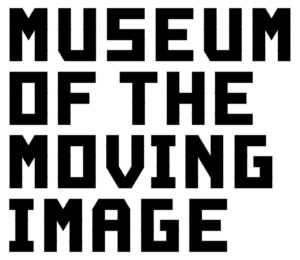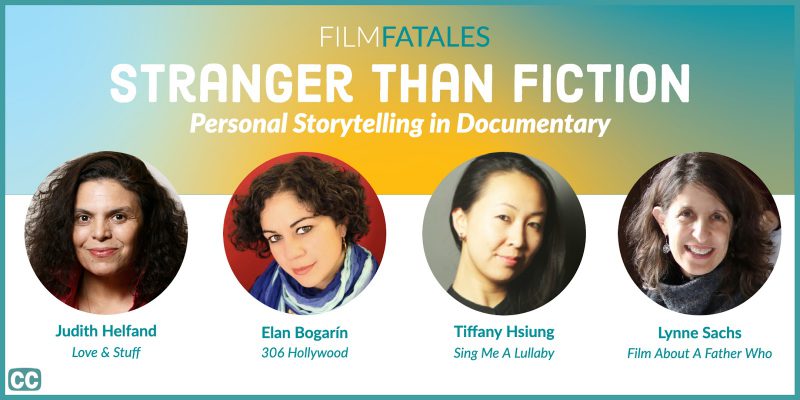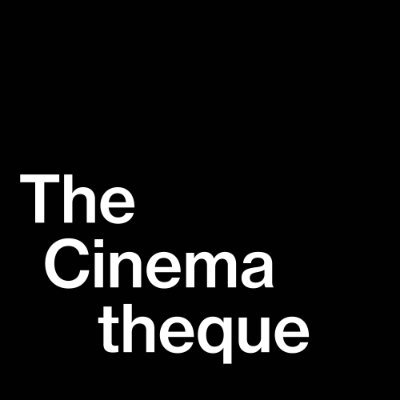
Our Culture Mag
Films on MUBI in March, 2021
By MODESTAS MANKUS
FEBRUARY 19, 2021
https://ourculturemag.com/2021/02/19/films-on-mubi-in-march-2021/
MUBI, the go-to film subscription service, has revealed their list of films for March. The list includes Notturno (2020), a superb documentary by the award-winning filmmaker Gianfranco Rosi. To accompany Notturno, MUBI will also stream Rosi’s Boatman (1993), Below Sea Level (2008), and El Sicario, Room 164 (2010).
March for MUBI will also include Chloé Zhao’s debut film Songs My Brothers Taught Me. Whilst also adding two films, The Girl (1968) and Binding Sentiments (1969), by feminist Hungarian director Márta Mészáros who is celebrating her 90th birthday this year.
The current list of films on MUBI in March 2021.
1 March | The Imperialists are Still Alive! | Zeina Durra
2 March | Chinese Puzzle | Cédric Klapisch | The Spanish Apartment Trilogy
3 March | Inflatable Sex Doll of The Wastelands | Atsushi Yamatoya | Keiko Sato: Pinku Maverick
4 March | Catch Me Daddy | Daniel Wolfe
5 March | Notturno | Gianfranco Rosi | Luminaries
6 March | Cute Girl | Hou Hsiao-Hsien | Hou Hsiao-Hsien Focus
7 March | Fight Club | David Fincher
8 March | A Month of Single Frames | Lynne Sachs | Ways of Seeing With Barbara Hammer
9 March | Vever (for Barbara) | Deborah Stratman Ways of Seeing With Barbara Hammer
10 March | Below Sea Level | Gianfranco Rosi | The Splendor of Truth: The Cinema of Gianfranco Rosi
11 March | Los Conductos | Camilo Restrepo | Debuts
12 March | Songs My Brothers Taught Me | Chloé Zhao
13 March | Computer Chess | Andrew Bujalski
14 March | A Prophet | Jacques Audiard | Double Bill: Jacques Audiard
15 March | A Colony | Geneviève Dulude-De Celles
16 March | The Green, Green Grass of Home | Hou Hsiao-Hsien | Hou Hsiao-Hsien Focus
17 March | El Sicario, Room 164 | Gianfranco Rosi | The Splendor of Truth: The Cinema of Gianfranco Rosi
18 March | The Legend of the Stardust Brothers | Macoto Tezuka | Rediscovered
19 March | Sonita | Rokhsareh Ghaemmaghami | HRWFF
20 March | Tigerland | Joel Schumacher
21 March | Dheepan | Jacques Audiard | Double Bill: Jacques Audiard
22 March | The Girl | Márta Mészáros | Independent Women: The Pioneering Cinema of Márta Mészáros
23 March | Oleg | Juris Jursietis
24 March | Gushing Prayer | Masao Adachi | Keiko Sato: Pinku Maverick
25 March | South | Morgan Quaintance | Brief Encounters
26 March | That Cold Day in the Park | Robert Altman
27 March | The Fountain | Darren Aronofsky
29 March | Binding Sentiment | Márta Mészáros | Independent Women: The Pioneering Cinema of Mára Mészáros
30 March | The Boys From Fengkuei | Hou Hsiao-Hsien | Hou Hsiao-Hsien Focus
31 March | Edvard Munch | Peter Watkins | Portrait of the Artist
Read more: Films on MUBI in March, 2021 – Our Culture https://ourculturemag.com/2021/02/19/films-on-mubi-in-march-2021


